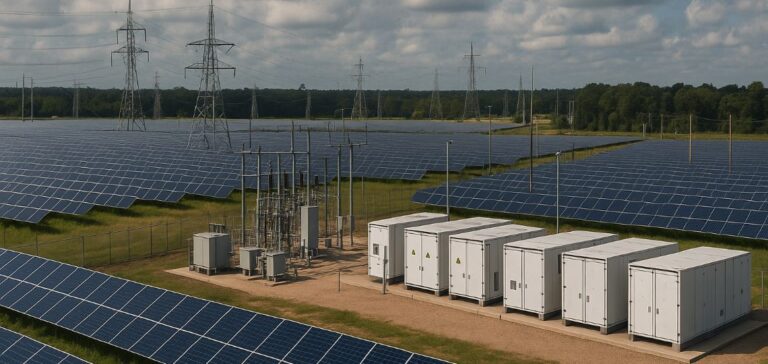Panasonic Corporation has notified its North American partners of its complete withdrawal from the residential solar and energy storage market. In a letter dated April 28, signed by Naoki Kamo, President of Panasonic Eco Systems North America, the company confirmed it would cease all production and sales of residential solar equipment. The decision, described as “strategic,” comes even as the group continues to express public support for the potential of solar and home battery technologies.
Service continuity despite market exit
According to the letter, Panasonic will continue providing after-sales support for completed and ongoing installations, with warranty coverage maintained through an online portal and a dedicated contact address. The company has pledged to guide customers clearly on third-party support options. No changes are expected in warranty conditions, including for systems not yet fully installed.
Panasonic stated the exit is not due to technological issues but stems from a portfolio realignment. However, this position contrasts with the company’s ongoing public messaging on the importance of solar energy, which remains prominent in its corporate communications and broader energy sector presence.
A withdrawal misaligned with corporate messaging
This disconnect between commercial strategy and external messaging has prompted questions regarding how internal priorities are managed across the company’s divisions. Although Panasonic officially ceased solar panel manufacturing in 2021, it continued marketing high-efficiency modules under its brand name, while outsourcing production through Original Equipment Manufacturer (OEM) partnerships.
The exit comes amid heightened price competition, particularly from Chinese suppliers. The company, once a major player following its 2009 acquisition of Sanyo Electric Co. Ltd, had incorporated heterojunction (HJT) cells into its product range, reinforcing its technological standing in the residential market.
Refocusing on electric mobility
Alongside this withdrawal, Panasonic is continuing investments in electric vehicle battery manufacturing. A $4bn battery cell plant in De Soto, Kansas, is nearing completion, with operations scheduled to begin in the first half of 2025. The group also remains active in other energy segments such as heat pump technologies.
This strategic shift raises questions about the alignment between Panasonic’s industrial policy and its public commitments to low-carbon solutions. Discontinuing its residential solar offerings, despite a growing North American market, leaves the company open to internal criticism regarding the prioritisation of commercial interests.






















